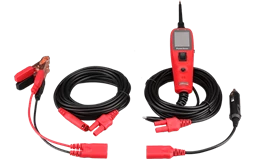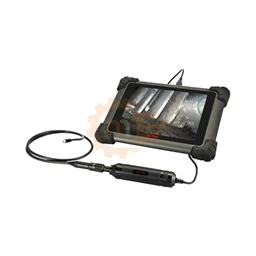What is EGR Valve?
The EGR valve is the part that separates unburnt oxygen from the exhaust gas and sends it back to the combustion chambers.
The EGR valve separates and sends the non-burning oxygen from the exhaust gas in the combustion chambers. In this way, a higher quality explosion occurs in the combustion chambers.
If the EGR valve fails, damages such as the jerky operation of the engine or the engine not running at all, increasing fuel consumption, low traction and starting to emit black smoke from the exhaust, the car misfire, catalyst and Diesel Particulate Filter (DPF) breakdown in the vehicle, breakdown.
EGR Valve Failure Symptoms
A malfunctioning EGR valve can cause problems such as reduced engine power, misfire, loss of performance during sudden acceleration, and high fuel consumption. It can also cause increased vehicle emissions.
EGR valves may be "open" or "closed" due to the build-up of soot particles, carbon deposits, and contamination from fuel. Highway driving conditions are ideal for your EGR valve.
Because long journeys allow the engine to warm enough to get rid of carbon deposits. Urban driving conditions cause these deposits to increase.
In modern cars, the ECU (Engine Control Unit) can detect problems with the EGR valve and display a warning on the dashboard to alert the driver.
In general, the following symptoms are observed in EGR valve failure:
-Engine fault light turns on
Idling instability
Knock and hum in the engine
Stalling and sudden acceleration issues
Performance loss
- Increase in fuel consumption
- Increase in emission values
Sharp fuel or sulfur smell
Listed below are the most common malfunction codes associated with a malfunctioning EGR valve:
P0401 - Insufficient EGR Flow
P0402 - Excessive EGR Flow
P0403 - EGR Circuit Malfunction
P0404 - Exhaust Gas Recirculation A Control Circuit Range / Performance
P0405 - EGR Sensor A Circuit Low Input
P1404 - EGR Valve Stuck Open Position
P1406 - EGR Valve Position Sensor Circuit Problem








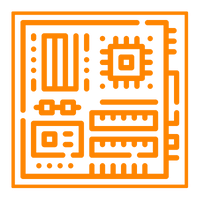

.webp?size=256)


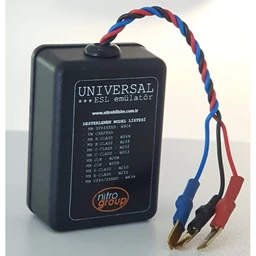

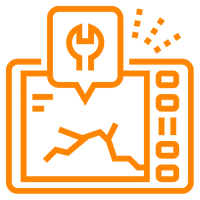

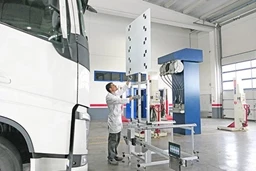
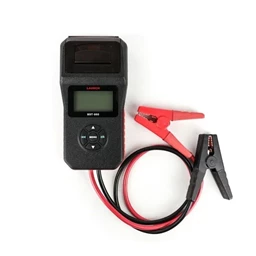
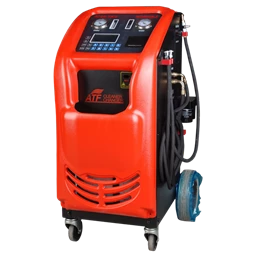

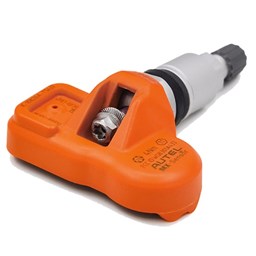


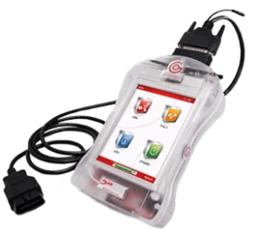
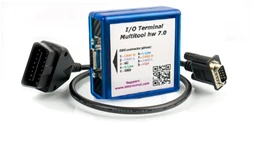
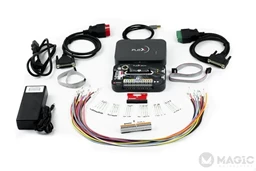
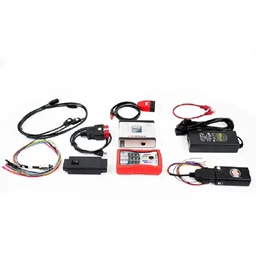
 Cihazı.webp?size=256)

